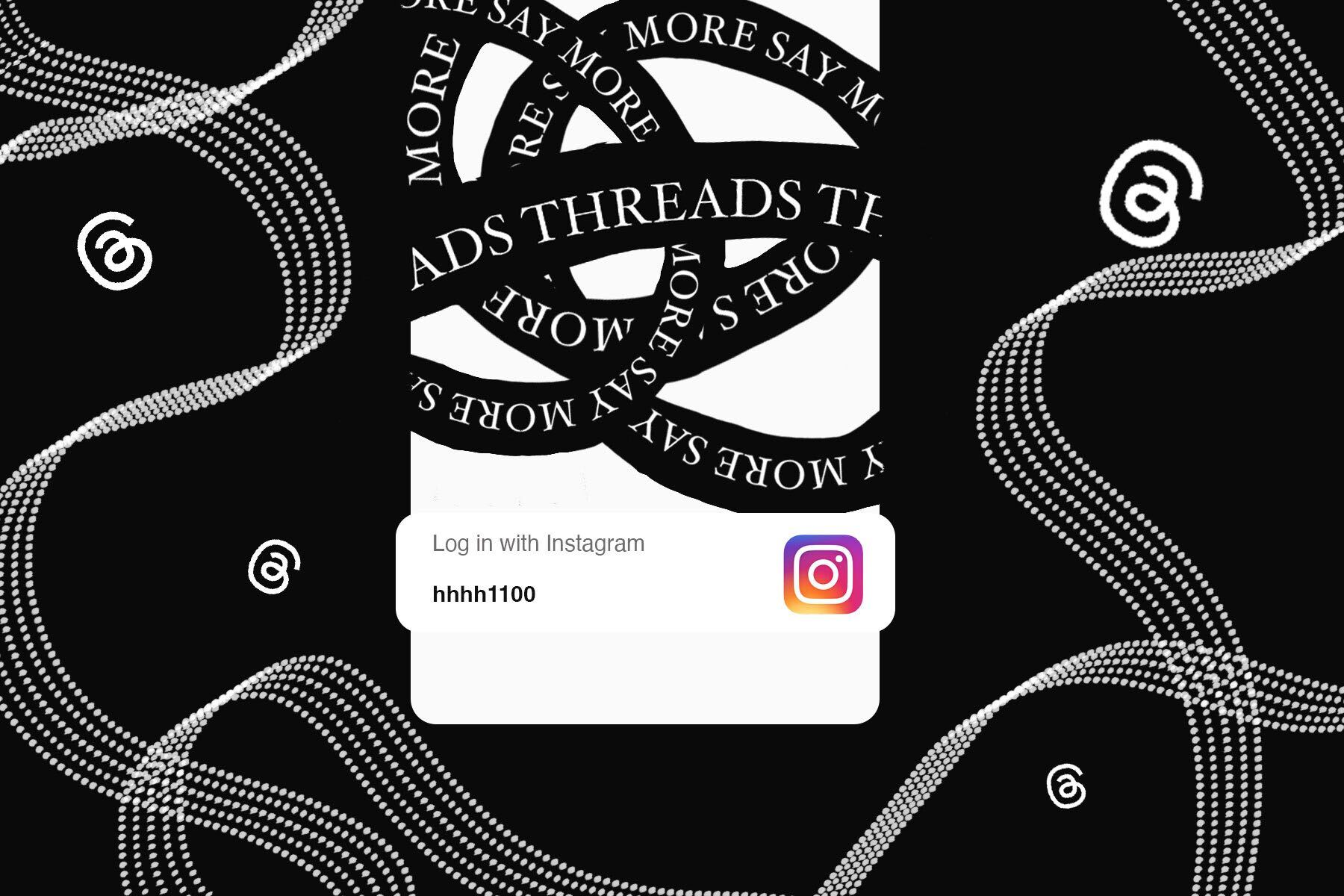Since the catastrophic crash and burn of Twitter, now known as ‘X’ a significant conversation has been weaving its way through the population: the search for a new social media home. Millions of people are downloading and testing new social media apps that can act as their primary content host, a mass migration of rare size. With such a large user base on the hunt, the stage is set for enormous change.
Historically, social media sites have gained popularity through word of mouth, peer-to-peer sharing and a desire to connect with others. When they first rose to prominence, Myspace and Facebook were very popular among primarily young adults, and their user bases developed gradually through word of mouth. Today, social media sites wither away like morning glory blooms on the vine, relishing their brief day in the sun. Despite a noticeable push for adoption, social media applications Google+, Friendster and Periscope all failed to convert and keep a meaningful user base. Those apps, and others like them, have been left in the digital dust. Given how quickly the public’s obsession with new apps supernovas and fades in this digital age, Threads’ achievements in its first weeks may be unparalleled.
Threads, a micro-blog like X, the former Twitter, was designed and launched by a small team at Meta in just five months. This was an incredible feat, especially considering that the application performed extremely well in its short turn-around time. Users downloaded Threads over 100 million times in five days. No other application has come close to that number of downloads in such a short period. Because Threads integrates so easily with Instagram, another of Meta’s social media apps, user content and accounts transfer seamlessly across platforms. The time and energy required to re-follow content creators and other social media accounts is a large part of why many users are reluctant to change or add social media apps. The ease with which users can share content and accounts between Threads and Instagram is a testament to Meta’s achievements.
The success of Threads illustrates another of the most important factors in launching a successful app: timing. On July 1, Elon Musk announced that ‘X’ would enforce limits on the number of tweets users could view in a day. As Musk, a perpetual over-promiser and under-deliverer, kept changing his statement in the following days, X’s users were in a constant uproar. On July 5, Threads was launched.
Meta announced and launched Threads earlier than planned in order to take advantage of X’s controversies. In turn, this helped put Threads in the media’s spotlight by association and to drive signups. The Threads application is bare-bones at present, consisting of a microblog with the option to add pictures and video. Users can follow accounts and post on both Threads and Instagram at once. With the launch of Threads, Meta proved that impeccable timing is more important than application features, re-writing the playbook on app releases.
While user growth, engagement and time spent on the app have decreased since the first week of its launch, if only one of every four Instagram users joins Threads, the app will already be as large as X. As Meta developers fill in the frame of the app, adding hashtags and search features, Threads will become a serious competitor to host international conversation, which was once the defining characteristic of X. Additionally, Threads offers users a significant advantage over the average social media app: Threads users will participate in the next social media revolution, the “fediverse.”
The fediverse is currently exploding in popularity. The fediverse is the system in which individual decentralized social media services can interact directly with one another, regardless of the platform used. Another way to think of it is like email, where one person using Gmail can send a direct message to a person using Yahoo. Right now, differently owned social media services operate separately from one another, walled off like independent kingdoms. Users in these social media kingdoms cannot share content, accounts or friends lists between their accounts. Instead, they are forced to repeatedly post the same content on different social media applications. However, the fediverse is different because it seeks to create a cohesive, integrated experience for all users, regardless of platform used.
The fediverse allows friends lists, followers, bookmarks, and mute and block lists to different servers, meaning users can change applications at will without losing all their account data. The freedom to maintain friends and followers regardless of leaving a platform is revolutionary for social media platforms.
Threads may be the serum injection the fediverse needs to become the next digital revolution. With its inherent independence, privacy and safety, the fediverse has the potential to transform the landscape of social media platforms. While Meta shows agility in launching Threads, other social media platforms like X and Reddit have limited user participation because of a capitalistic need to profit from user content and engagement. It’s looking more and more like the fediverse is the answer to the internet’s search for a new community square.
















